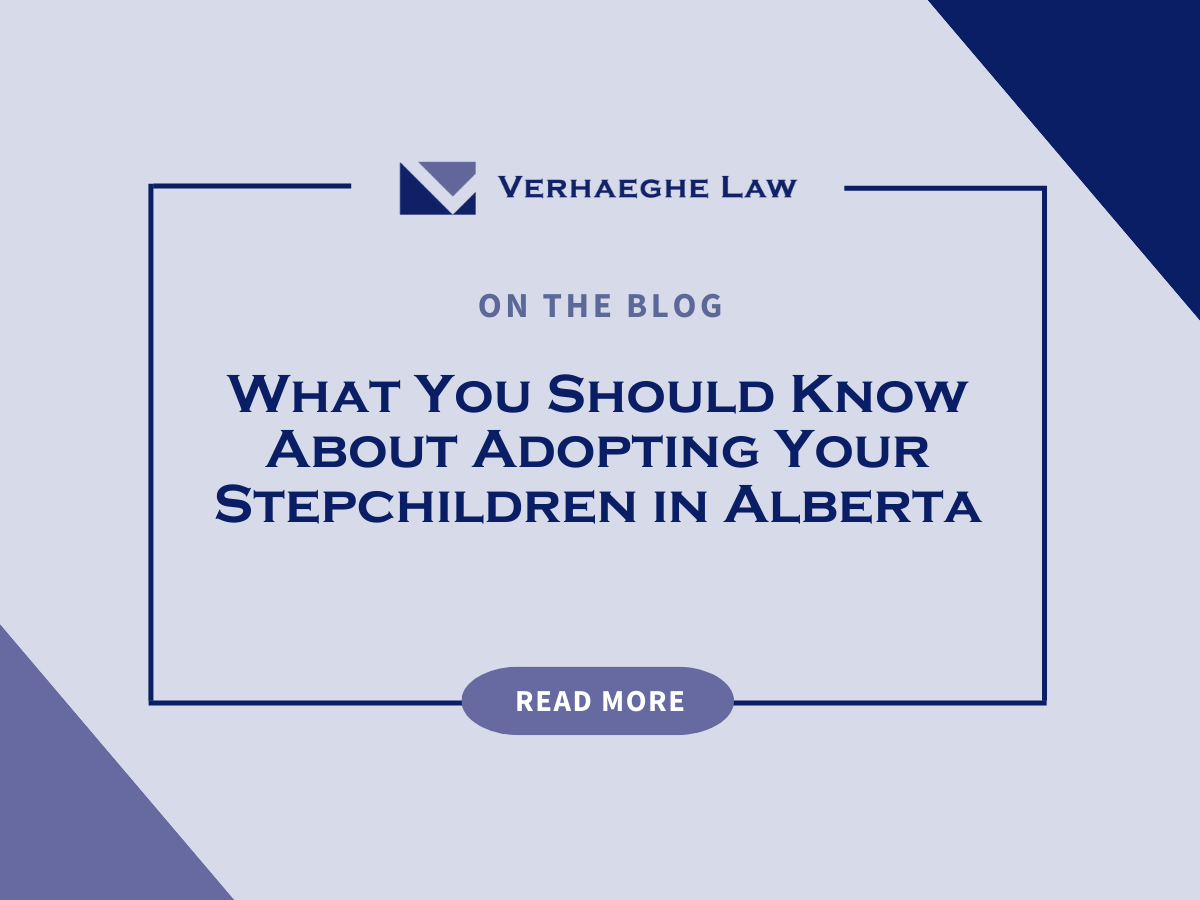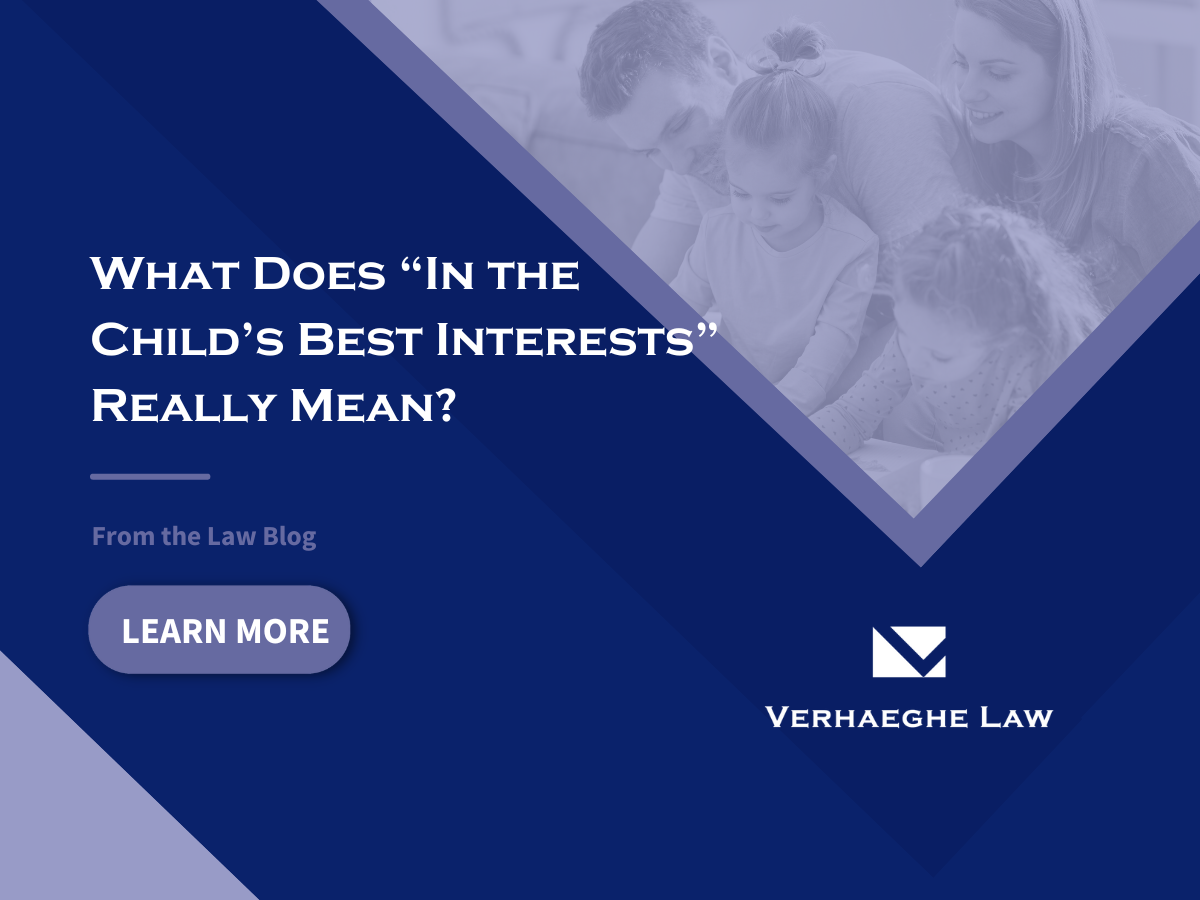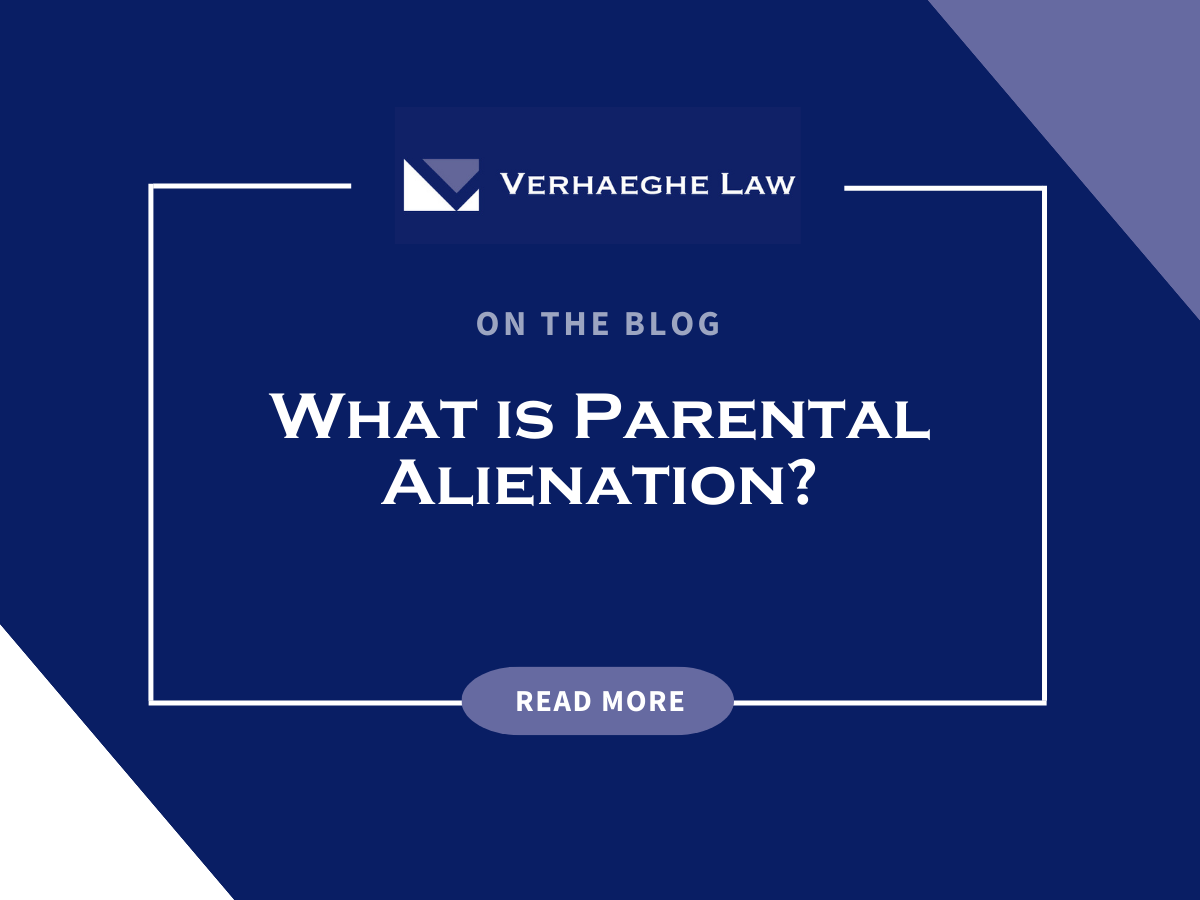What You Should Know About Adopting Your Stepchildren in Alberta

Whether you are signing your life insurance documents, organizing a trust, or preparing to write a will, you will need to decide on a beneficiary or beneficiaries. This is a key part of planning for the future, and ensuring that your assets will be distributed according to your wishes. For those looking to streamline the process of settling an estate, naming beneficiaries often features on lists of tips on how to avoid probate in Alberta.
The field of estate law involves the management of a person’s property and assets after their death, and it includes the areas of estate planning and administration, as well as the resolution of conflicts that may arise. Our Edmonton probates and wills lawyers would be happy to discuss your particular needs and see how we may be of service in helping to structure your trust, will, or more.
What is a Beneficiary?
A beneficiary is somebody who receives assets and property originally owned by somebody else. In the case of the last will and testament left by an individual who has passed away, the beneficiaries are often the person’s close family members, such as a surviving spouse, children, and/or siblings.
People have the freedom to name who they wish as a beneficiary. This can be a friend or colleague, or even a charity or other organization. What you need to provide is a means for the executor of your estate to contact the beneficiaries.
When you name beneficiaries in your life insurance policy, RRSP, or other registered assets, those assets may go directly to your beneficiaries after your death, without ever becoming part of your estate, or being subject to probate.
What is a Contingent Beneficiary?
A contingent beneficiary is “second in line” to receive your assets after your death, or after the triggering event in the case of a trust. If the primary beneficiary is unable to receive the assets because they have died, are unreachable, or have explicitly refused the inheritance.
It is often a good idea to name a contingent beneficiary, to ensure your estate is distributed according to your wishes. Often, people will name their spouse as their primary beneficiary, and their children as their contingent beneficiaries. That way, if the spouse passes away before the assets are to be distributed, the funds will go to the children.
Considerations for Choosing Your Contingent Beneficiary
Just as you can choose whomever you like as your primary beneficiaries, so too can you choose anyone - or any entity - as your contingent beneficiary. However, there are some considerations you may wish to keep in mind.
If you choose a contingent beneficiary who is a minor, they will require a trustee to look after any funds they inherit, until they turn 18.
You may choose a contingent beneficiary that is not a person. Some people choose to give their money to a charitable organization, for example, should their primary beneficiary not be available to receive the assets.
If you are excluding a potentially obvious choice of beneficiary from your will, you may wish to consult with an Edmonton probates and wills lawyer. In order to minimize the potential that your will might be challenged, it may help to include an explanation of your decision.
Another consideration is the structure of your family. If one of your children passes away before you, would you prefer their spouse to receive the inheritance, or for your remaining children to split it equally? These questions can be challenging to address on your own, but being well-informed about the possibilities of estate planning can help reduce your and your loved ones’ stress in the future. Contact our Edmonton probates and wills lawyers today to discuss your case.
What Happens if I Don’t Name a Contingent Beneficiary?
If you do not name a contingent beneficiary, and your primary beneficiary is unable to receive your assets, then your registered assets become a part of your estate and are subject to probate. If you do not name a contingent beneficiary in your will and the primary beneficiary is unavailable, then your estate may be distributed according to the Alberta Intestate Succession Act.
Contact Our Edmonton Probates and Wills Lawyers Today for a Consultation
Working with a dedicated Edmonton probates and wills lawyer can be essential to ensuring your documents are in order, and your beneficiaries clearly chosen. Whether it is the preparation of a trust or the forming of your last will and testament, or more, our team at Verhaeghe Law would be pleased to discuss your circumstances and see how we may be of service to you. Contact us today to schedule your consultation.
** Please note, this article is intended as a general overview on the subject of estate law, and is not intended to be legal advice. If you are seeking legal advice, please consult with an Alberta probates and wills lawyer.


